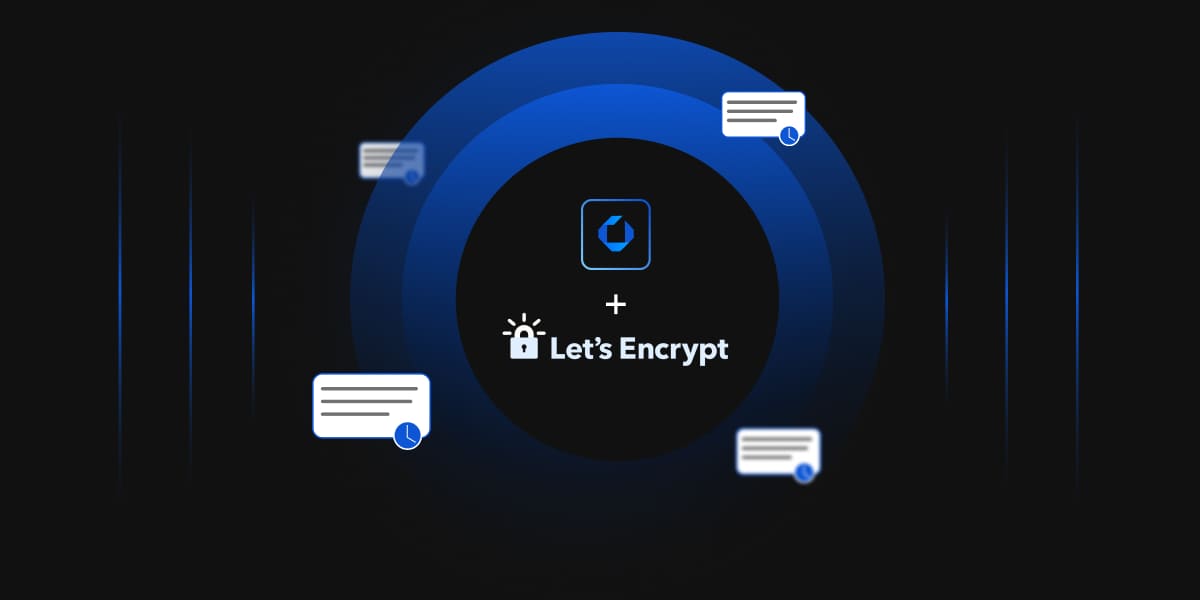In recent cybersecurity news, DigiCert has made headlines with a significant certificate revocation event affecting more than 83,000 certificates across nearly 7,000 customers. This incident underscores the critical need for robust certificate management practices and crypto-agility to swiftly address and mitigate security vulnerabilities.
Understanding Certificate Revocation and Its Impact
The recent DigiCert incident has highlighted the critical importance of efficient certificate management processes and the challenges organizations face when dealing with such emergencies. This revocation, stemming from a five-year-old programming flaw related to domain ownership validation, underscores the potential disruption and risk to critical services and infrastructures when certificates are suddenly deemed untrustworthy.
What Happened?
On July 29, DigiCert announced that certain security certificates needed to be replaced within 24 hours due to a flaw in their validation process. This affected approximately 0.4% of their domain validations, translating to over 83,000 certificates impacting nearly 7,000 customers. The urgency and scale of this revocation have led to significant operational challenges and highlighted the need for a more agile approach to cryptographic management.
Specific Challenges in the DigiCert Incident:
1. No Prior Notice
A major challenge of this incident was the lack of advance notice. Customers were informed only after the revocations had occurred, leaving them with little time to react and replace the certificates. This short notice created immense pressure on IT teams to quickly address the issue.
2. Operational Impact
The revocation did not pose a direct risk at the moment, but the operational impact was significant. Many organizations faced potential service disruptions and had to scramble to update certificates across numerous systems and applications.
3. Manual and Automated Processes
While some organizations could automate certificate management tasks, many had to rely on manual processes. This required significant effort and coordination, especially for large enterprises managing numerous systems and applications.
4. Real-World Implications
The tight revocation deadline risked significant service interruptions and safety issues. Some customers sought extensions due to exceptional circumstances, highlighting the need for more flexible and scalable certificate management solutions.
Leveraging CertSecure Manager to Mitigate Certificate-Related Outages
To effectively manage certificate lifecycles and mitigate the impact of mass revocations, organizations can benefit from using CertSecure Manager. Here’s how CertSecure Manager can help:
1. Automated Certificate Management
CertSecure Manager automates key aspects of certificate management, including discovery, issuance, renewal, and revocation. This automation helps ensure that certificates are updated promptly, reducing the risk of service disruptions.
2. Centralized Dashboard
The solution provides a centralized dashboard offering real-time visibility into the status of all certificates. This visibility allows organizations to proactively manage their certificates, track expirations, and quickly address any issues that arise.
3. Rapid Response Capabilities
With CertSecure Manager, organizations can quickly respond to certificate revocations by automating the replacement process. This rapid response capability is crucial in minimizing downtime and maintaining service continuity during mass revocation events.
4. Scalability and Flexibility
CertSecure Manager is designed to scale with the needs of large enterprises. It integrates seamlessly with existing IT infrastructure and workflows, providing the flexibility needed to handle extensive certificate inventories and complex environments.
5. Enhanced Security and Compliance
By keeping an updated inventory of certificates and automating lifecycle management, CertSecure Manager enhances overall security and ensures compliance with industry standards. It helps organizations respond efficiently to vulnerabilities and maintain secure communications.
Conclusion
The DigiCert certificate revocation crisis highlights the importance of having robust certificate management solutions in place. By leveraging automated certificate management solutions like CertSecure Manager, organizations can effectively manage certificate lifecycles, mitigate the impact of mass revocations, and prevent service disruptions. Investing in certificate management solutions is essential for maintaining operational stability and protecting digital assets in the face of unforeseen challenges.




